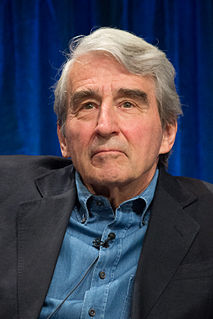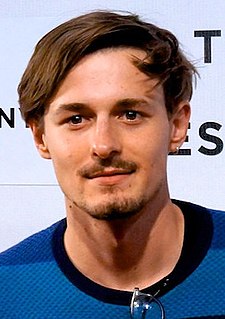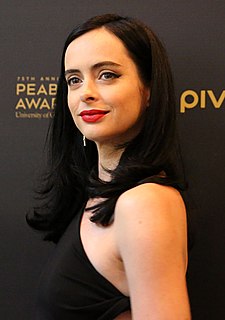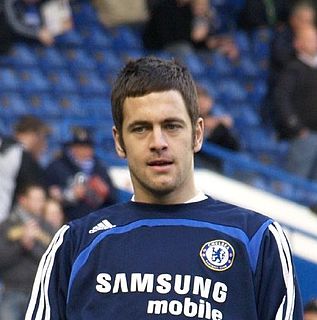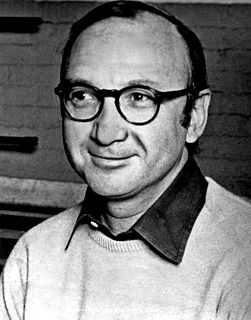A Quote by Annette Bening
All of modern acting comes from Stanislavski, who was the Russian partner to Chekhov. When Chekhov was writing his plays, Stanislavski was running his theater. And Stanislavski really was the first inventor of modern acting and then everything that came out of the method and Stella Adler and the great teachers really came out of him.
Related Quotes
I played Lucky in Waiting for Godot at Yale and it was a thing that Stanislavski talks about: he says you don't need his 'method' if you can count on your inspiration and it was a moment of inspiration that came to me, not in rehearsal but on stage. It hit me right there in the middle of the play and it was great - it travelled into immediate communication.
I do the best I can - I know my way around [Russian method acting pioneer] Stanislavski, but I can't take myself seriously like that. I respect people who do it, of course. I just think I'm lucky to still be working at 73. You reach a point in life where you just think, "Show up, do your job, make sure the cheque's on the way," and that's it. I'm not hungry to do anything more, really.
I really like the stuff that is very absurd and very real at the same time. I think Anton Chekhov is the greatest comedy writer of all time. I think he would make a great addition to The Office staff. If you look through Chekhov plays there is a lot of awkward pauses in there. His mixture of pathos, absurdity, truthfulness and whimsy is just mixed together perfectly.
It was only when I went to acting school that I was like, "You are absolutely such a pigheaded freak show that you thought you, at the age of 12 or 13, could have a better understanding of Stanislavski. Why did you think that you didn't need to go to school?" It was quite funny. But, I was certainly inspired.
Modern acting is method acting, most of it. And there are sort of different schools, so I guess I'm not really from one school or another. I had a number of different teachers but they were all kind of drawing from the same pool, which is - What do you want? What are you doing to get what you want? And, what is in the way? These are basic acting questions. Knowing the answers to those questions. So you're talking about objectives and actions and obstacles. That's a sort of shorthand that gives you a language.

